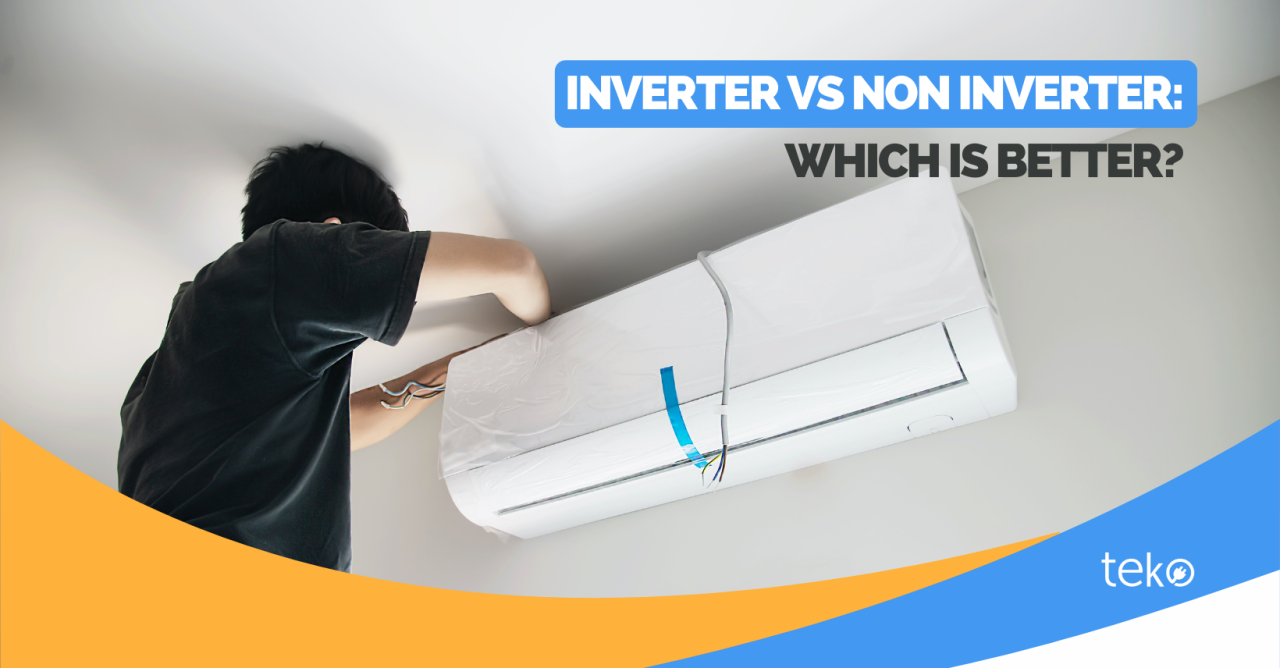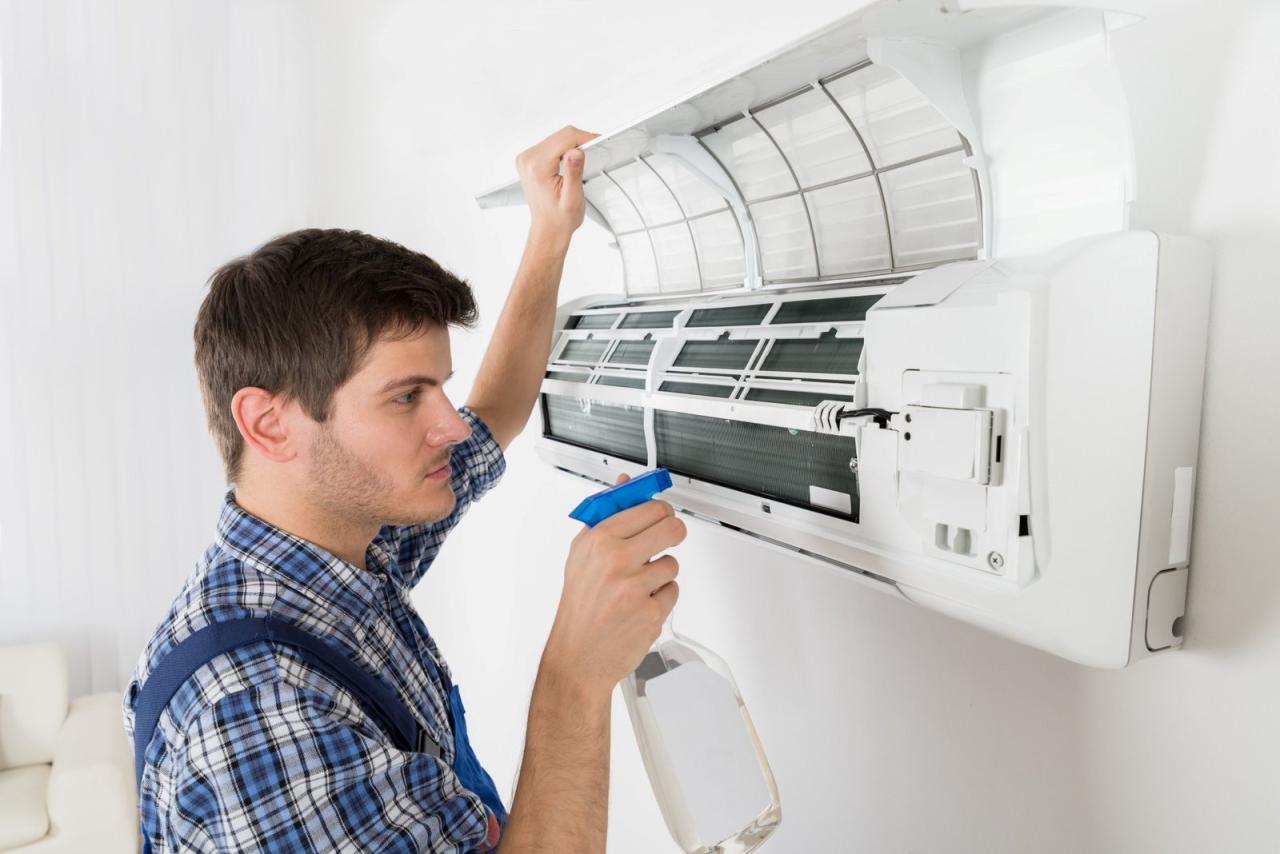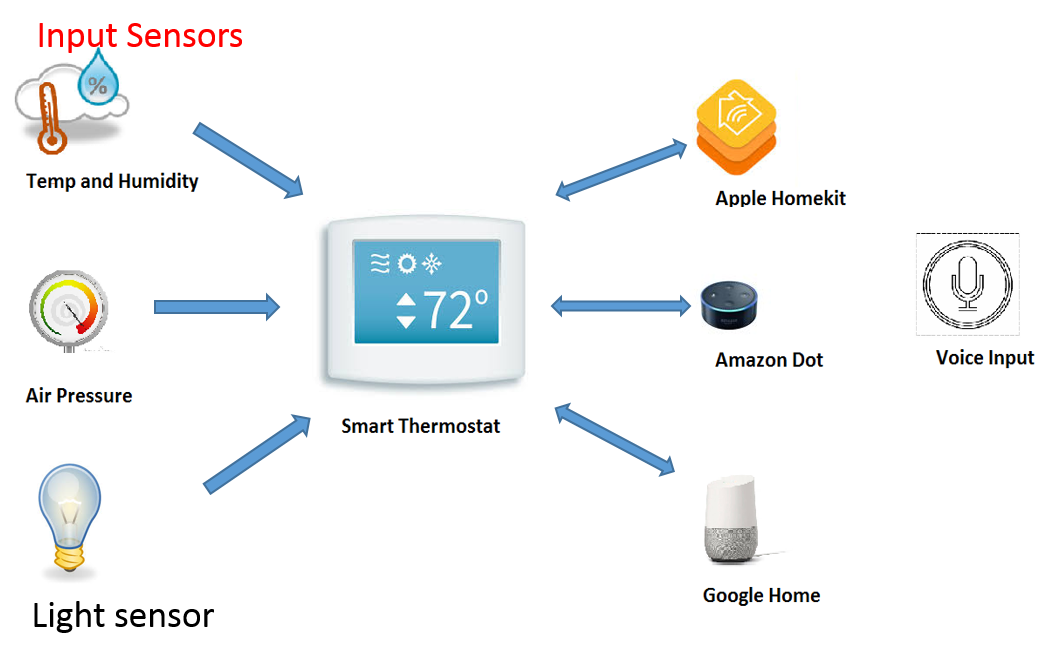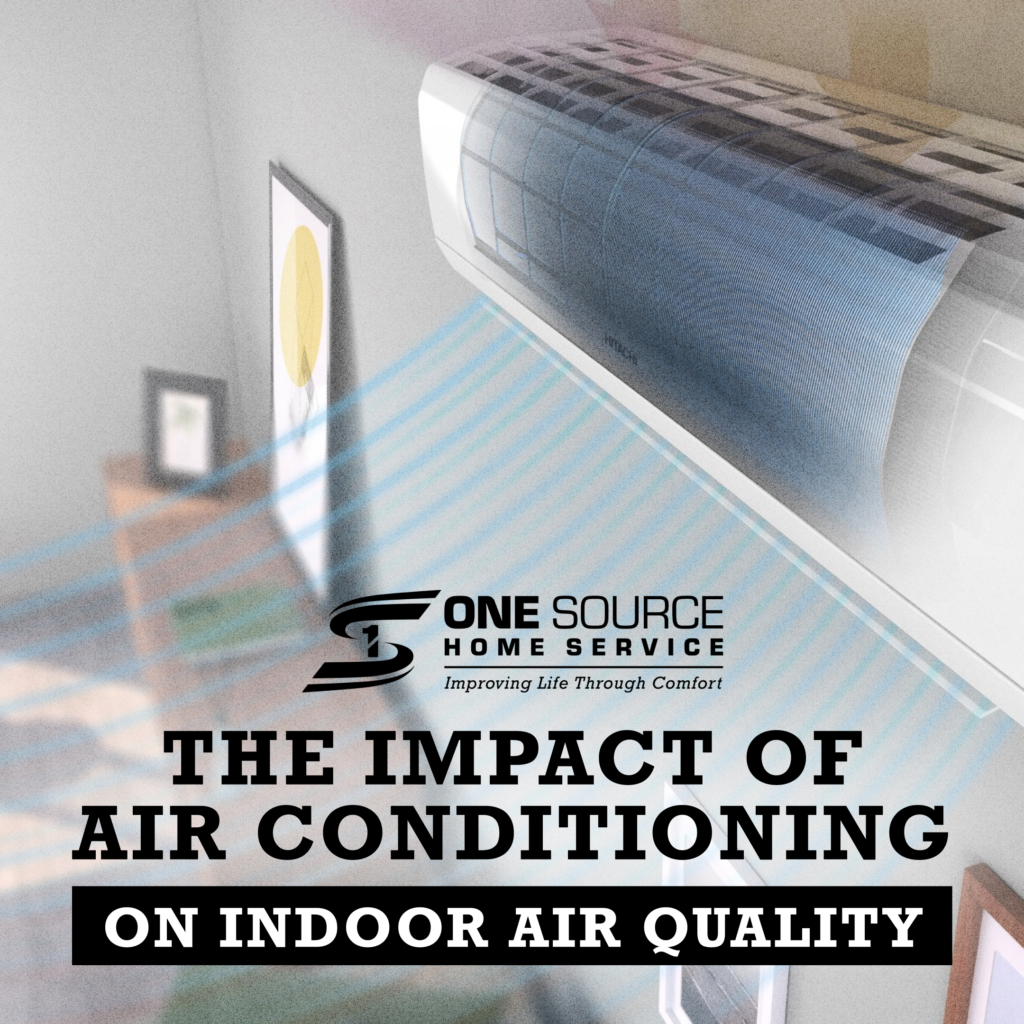How to Reduce Noise from Your Air Conditioning Unit: A Comprehensive Guide
Exploring ways to reduce noise from your air conditioning unit opens up a world of possibilities for a quieter and more comfortable living space. From understanding the root causes of the noise to implementing soundproofing techniques, this guide will equip you with the knowledge needed to tackle this common issue.
Understanding Noise from Air Conditioning Units
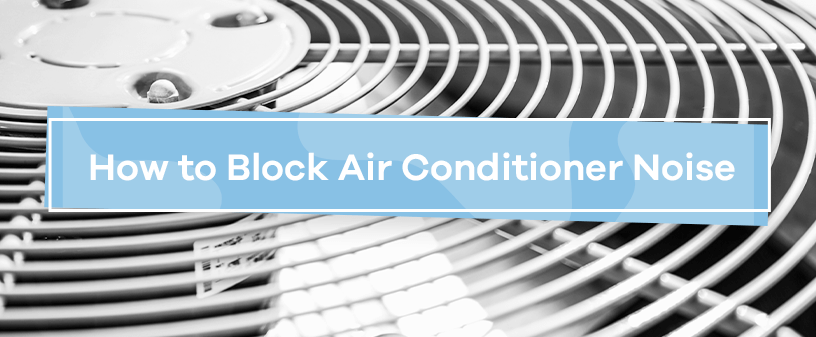
When it comes to air conditioning units, noise can be a common issue that affects comfort levels. Understanding the sources of this noise is essential in addressing and reducing it effectively.
Causes of Noise in Air Conditioning Units
There are several factors that can contribute to the noise produced by air conditioning units. These include:
- The compressor: This component is responsible for circulating refrigerant through the system, which can create a humming or buzzing noise.
- The fan motor: The fan motor is in charge of moving air through the unit, generating a whirring or clicking sound as it operates.
- Airflow restrictions: Blockages or dirty filters can lead to airflow restrictions, causing the unit to work harder and produce louder noises.
Types of Noise Produced by AC Units
AC units can produce various types of noise, each indicating a different issue within the system. Some common types of noise include:
- Rattling: Loose components or debris in the unit can result in a rattling noise during operation.
- Squealing: A high-pitched squealing noise may indicate belt issues or motor problems within the unit.
- Banging: Loud banging noises could signal a more serious problem, such as a broken part or compressor malfunction.
Strategies for Reducing Noise

Regular maintenance plays a crucial role in reducing noise from your air conditioning unit. By keeping your AC well-maintained, you can ensure that all components are functioning properly, minimizing any unnecessary noise disruptions.
Proper Cleaning and Lubrication
- Regularly clean or replace air filters to prevent airflow blockages that can lead to increased noise levels.
- Check and clean the condenser coils to improve efficiency and reduce strain on the unit, which can cause excessive noise.
- Ensure proper lubrication of moving parts such as fan motors and bearings to reduce friction and noise.
Significance of Proper Installation
- Make sure your air conditioning unit is installed on a stable surface to minimize vibrations that can amplify noise levels.
- Verify that all connections are secure and that the unit is level to prevent unnecessary rattling or shaking.
- Consider installing vibration pads or soundproofing materials to dampen any noise produced by the unit.
Soundproofing Techniques for Air Conditioning Units
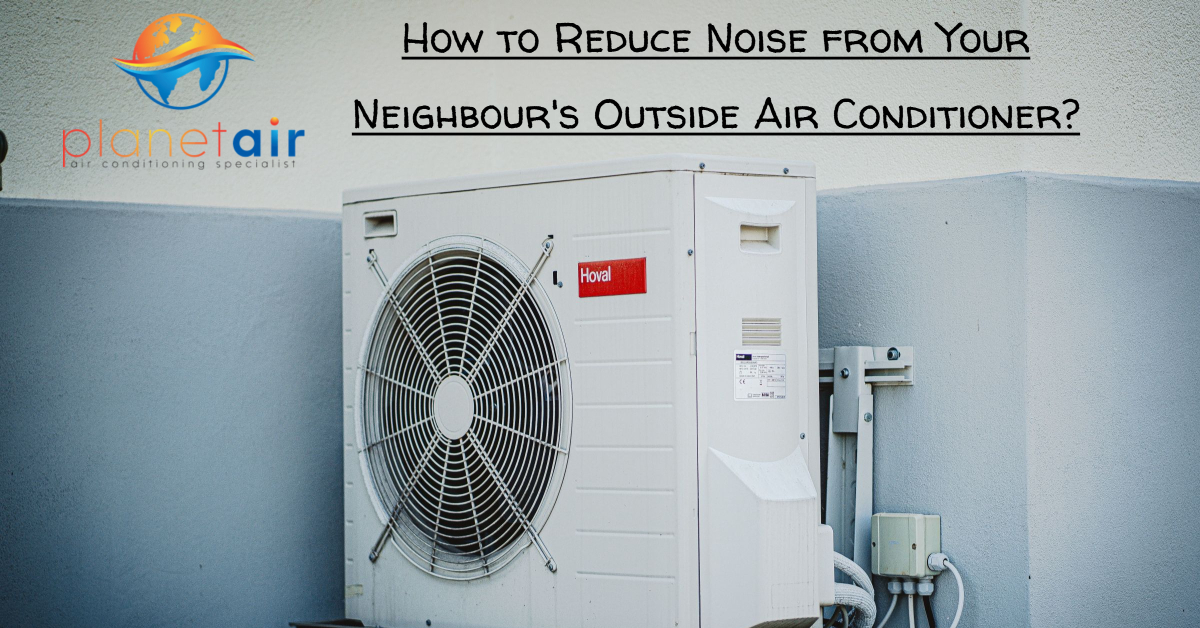
When it comes to reducing noise from your air conditioning unit, soundproofing techniques can be a game-changer. By using the right materials and methods, you can significantly decrease the amount of noise produced by your AC unit.
Soundproofing Materials
There are several types of soundproofing materials that can be used to minimize noise from your air conditioning unit:
- Acoustic foam: This material is designed to absorb sound waves and reduce noise levels.
- Mass loaded vinyl: A dense material that blocks sound from passing through it, helping to reduce noise.
- Soundproof curtains: Heavy curtains that can be hung around the AC unit to dampen sound waves.
- Weatherstripping: Sealing gaps and openings around the unit can help prevent noise from escaping.
Applying Soundproofing Materials
Here is a step-by-step guide on how to apply soundproofing materials to your air conditioning unit:
- Clean the surface of the unit to ensure proper adhesion of the soundproofing material.
- Cut the soundproofing material to the appropriate size and shape to fit the unit.
- Apply the material to the unit, making sure to cover all areas where noise may escape.
- Secure the material in place using adhesive or fasteners.
Effectiveness of Soundproofing Curtains or Barriers
Soundproof curtains or barriers can be quite effective in reducing noise from your air conditioning unit. By creating a barrier between the unit and the surrounding area, these curtains can help absorb sound waves and prevent noise from spreading. However, the effectiveness of these barriers may vary depending on the material used and the installation method.
Other Tips for Noise Reduction
Reducing noise from your air conditioning unit can be achieved through various alternative methods and adjustments. Here are some additional tips to help you minimize the noise:
Alternative Cooling Methods
Consider using alternative cooling methods that are generally quieter than traditional air conditioning units. Options such as evaporative coolers, ceiling fans, or portable fans can provide effective cooling with minimal noise output.
Adjusting Fan Speed
One simple way to reduce noise levels from your AC unit is by adjusting the fan speed. Lowering the fan speed can help decrease the noise produced by the unit while still maintaining a comfortable indoor temperature. Experiment with different fan settings to find the optimal balance between cooling efficiency and noise reduction.
Seeking Professional Help
If despite your efforts the noise from your air conditioning unit persists or becomes unbearable, it may be necessary to seek professional help. A licensed HVAC technician can inspect your unit for any underlying issues causing the noise and provide the appropriate solutions.
Whether it's a faulty motor, loose components, or other mechanical problems, a professional can diagnose and fix the source of the noise effectively.
End of Discussion
In conclusion, reducing noise from your air conditioning unit is not only feasible but also essential for a peaceful environment. By following the strategies and tips Artikeld in this guide, you can enjoy a quieter cooling experience at home.
FAQ Explained
What are the common causes of noise in air conditioning units?
Noise in AC units can be caused by loose parts, worn-out components, or improper installation.
How often should I clean and lubricate my AC components?
It is recommended to clean and lubricate AC components every 6-12 months to reduce noise levels.
Are soundproofing curtains effective in reducing AC noise?
Soundproofing curtains can help reduce noise, especially when used in combination with other soundproofing techniques.
What are some alternative cooling methods that produce less noise than traditional AC units?
Fans, evaporative coolers, and ductless mini-split systems are quieter alternatives to traditional AC units.
When should I consider seeking professional help for noisy AC units?
If DIY noise reduction methods do not work or if the noise indicates a more serious issue, it is best to consult a professional HVAC technician.
